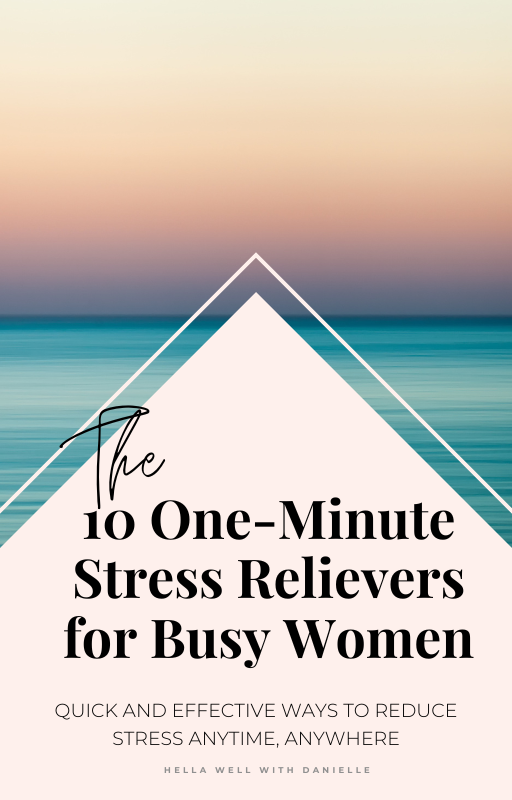
Being Liked vs. Being You: Which Matters More?
As women, we often walk a tightrope between the need to be liked and the desire to be our true selves. It’s a tug-of-war that isn’t always obvious, and the costs aren’t always clear. But it’s crucial we understand both sides to navigate our personal and professional lives with authenticity and grace.
What Does It Mean to Be Liked?
Being liked means having qualities that bring about a favorable regard; it’s about being pleasant and agreeable. On the surface, this seems harmless, even desirable. But dig a little deeper, and you’ll see the trap of this definition. It subtly demands conformity, often at the expense of our true selves, especially for women. We are expected to be the peacekeepers, the yes-women. This role can be exhausting and often leads to diminishing our own voices.
Understanding the Costs
The Cost of Being Liked: There’s an undeniable power in being liked that can smooth the path in social circles and professional settings. It can lead to opportunities and open doors. Yet, this often means playing small, diluting your personality, and compromising your values to fit into a mold that may not align with who you truly are.
The Cost of Being True to Yourself: On the flip side, authenticity allows you to align your outer life with your inner values, giving you a sense of integrity and self-respect. The downside? It can lead to isolation, being misunderstood, or seen as difficult—especially if your authenticity challenges the norm.
Finding Your Balance is Not a One-Size-Fits-All Formula
Finding your balance between being liked and your authentic self is uniquely personal. The equilibrium between being liked and being authentic varies significantly from person to person and can shift at different stages in your life.
Finding your balance is crucial because it impacts every aspect of your life. You need to consider what costs you are willing to pay for being likable or keeping it real. When you lean too far towards being liked, you might find yourself compromising on your values and living a life that pleases others but leaves you feeling unfulfilled. Conversely, focusing solely on authenticity without regard for how you’re perceived can lead to unnecessary conflicts and isolation. Are you willing to give up some career or personal successes to stay true to yourself? How comfortable are you with being agreeable at the expense of not speaking your truth? These and more are questions you’ll need to ask yourself to find your balance.
Moreover, the right balance for you today might not be the same tomorrow. Life brings changes—new jobs, new relationships, personal growth—that can all influence how you weigh the importance of being liked against being true to yourself. Recognizing and adjusting to these shifts is key to maintaining your well-being and ensuring that you live a life true to your core values.
Tips for Finding Your Balance
- Reflect Deeply on Your Values: What are the non-negotiable parts of your life? Knowing what you stand for can help you make decisions that align with your true self, even if it means not always meeting others’ expectations.
- Communicate with Transparency and Compassion: There’s strength in vulnerability. Expressing your true thoughts and feelings might be risky, but it can lead to deeper, more genuine relationships. Clear and compassionate communication helps others understand your perspectives and can bridge gaps caused by misunderstandings.
- Practice Setting Boundaries: It’s okay to say no. Setting boundaries is crucial for maintaining your integrity and teaches others how to treat you based on what’s important to you. Boundaries help you respect your limits and encourage others to do the same, facilitating a healthier balance between social acceptance and personal authenticity.
Journal Prompts to Explore Your Balance
Journaling is a therapeutic way to unravel what is your balance. Here are three prompts to guide your reflection:
- When have I changed my behavior to be more likable at the expense of my authenticity? How did it make me feel?
- What does being true to myself cost me in my personal or professional life? Is it worth it?
- Envision a day where I lived completely true to my values. What would that look like, and how would it differ from my life now?
Embracing Your True Self
Figuring out your balance between being liked and being true to you is a personal journey that requires constant negotiation and reassessment. While the approval of others can be comforting, the integrity of being your true self offers a deeper, more sustainable form of satisfaction. Please know there is no right or wrong answer as the dance isn’t always easy, but it is worth it to figure out your own rhythm. I invite you to share your experiences and thoughts in the comments below.



Add A Comment